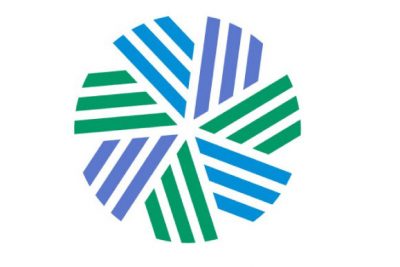


The Chartered Financial Analyst programme is a professional course offered by the US-based CFA Institute. The programme aims to grant ‘CFA charter’ to investment and financial professionals to help them further their career goals. A candidate who successfully completes the programme is declared ‘CFA charterholder’. To become a CFA charter holder, one needs to pass all 3 levels of the CFA examination and have at least 4 years of relevant work experience. To be eligible for the CFA level 1 exam, you should hold an international passport and either be in the final year of your undergraduate studies or possess four years of work experience or a combination of work experience and education that totals at least four years.
cfa-level-1-tips-prepare-cfa-90-percentilerThe CFA level 1 exam is held twice a year (June and December) while level 2 and level 3 exams are held just once a year in June. The pass percentage for CFA level I June attempt was 43%. I took the CFA level 1 exam in June 2018 and scored over 90thpercentile overall and over 70% in 9 out of 10 subjects.
The CFA Institute recommends 300 hours of study for clearing the CFA level 1 exam. However, the number of hours you need to put into also depends on your prior knowledge. Since I had graduated in Commerce with specialization in finance, I had studied a large chunk of the coursework in college itself and thus started studying from February onwards for June 2018 attempt. If you don’t have absolutely any background in finance, I would recommend you to start as early as possible and finish your syllabus at least a month prior to the exam so that you can devote enough time to solve mock exams and do practice questions.
A lot of people prefer to start their preparation with Quantitative Methods as a lot of concepts used in Quantitative methods overlap with what you will learn in Equity, Corporate finance etc. I would suggest you start with FRA early as there is a lot of syllabus and rules that you need to memorize. Revision and practising questions from different sources should be a key part of your preparation. I would suggest you do Ethics towards the end as it involves memorization of different rules and cases.
As you go through your preparation, I would suggest you maintain a formula notebook to note down all the formulas in one place and practice them every day since there are a lot of formulas that need to be memorized.
As soon as you register for the exams, you get a free Ebook from the CFA Institute. While the CBOK is great to understand concepts properly, it contains a lot of information that isn’t very important from the exam point of view. I used the Kaplan Schweser notes to understand the concepts and used the CBOK to solve the end of chapter questions. I also watched Mark Meldrum’s videos and Arid Irfanullah’s summary videos to understand concepts.
The CFA Institute will give you 3 mock exams which I would suggest you solve towards the end of your preparation in timed conditions. I also solved the 6 practised tests by Schweser and went through previous years CFA mock exams. Mock exams are a very important part of preparation since they prepare you to sit for a 6-hour long exam and acquaint you with the type of questions asked in the exam.
The journey towards becoming a CFA charterholder is a marathon, not a sprint. Same applies to the CFA level 1 preparation. Remember to start early, keep revising and practising and maintain a cool head during your exam. If you do all these things, nothing will stop you from acing your level I exam!
You may also like to read: 7 Surprising Certifications To Add Lakhs To Your Salary